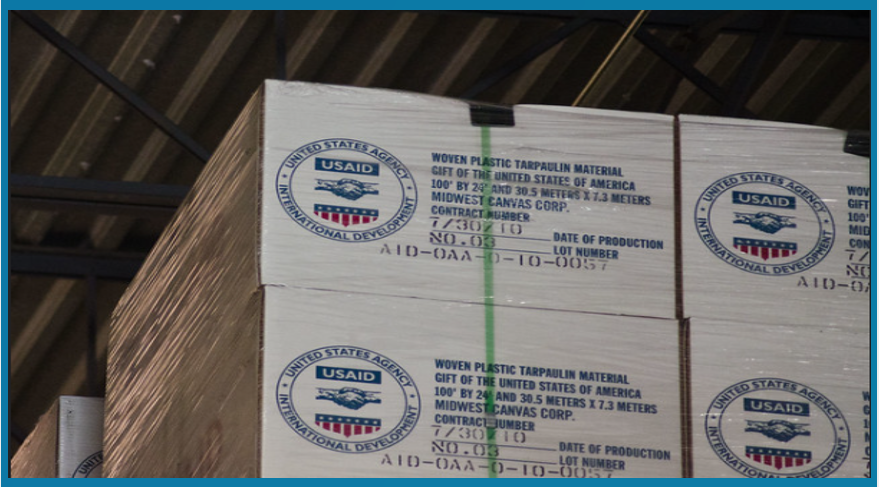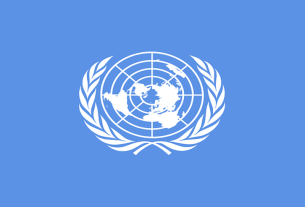Introduction
In early 2025, the United States Agency for International Development (USAID) experienced a significant reduction in funding, leading to the cessation of numerous programs across Africa. This move has had profound implications for public health, food security, and humanitarian aid, particularly in regions already grappling with conflict and poverty.(Spotlight)
Health Sector Disruptions
One of the most immediate consequences of the funding cuts has been the disruption of HIV/AIDS programs. In South Africa, for instance, the halt of the U.S. President’s Emergency Plan for AIDS Relief (PEPFAR) led to a 21% decline in HIV testing among key populations, including pregnant women and young adults. This has resulted in treatment interruptions, increased risk of drug resistance, and potential spikes in new infections and deaths .(Reuters)
Similarly, in Zambia, community health organizations have been forced to suspend outreach programs, raising concerns about the resurgence of drug-resistant tuberculosis .(NPR)
Food Security and Humanitarian Aid
The United States has historically been a major donor to the World Food Programme (WFP), contributing approximately $7 billion annually. With the cessation of this funding, at least 12 million people in East and West Africa are at risk of severe food insecurity .(Anadolu Ajansı)
In the Democratic Republic of Congo (DRC), USAID’s withdrawal has led to the termination of life-saving projects, including clean water and sanitation services, increasing the risk of disease outbreaks such as cholera and measles .(Oxfam in Africa)
Economic and Social Impacts
The reduction in aid has also had significant economic and social repercussions. In Kenya, over 5,000 health workers and NGO employees have lost their jobs due to the shutdown of foreign-funded projects . This loss of employment has exacerbated poverty levels and strained local economies.(Anadolu Ajansı)
In Ethiopia, USAID-supported food security programs that assisted 8 million people annually have ceased operations, while the specter of famine looms larger in Sudan and South Sudan, where millions relied on USAID emergency food aid .(Anadolu Ajansı)
International Response and Criticism
The funding cuts have drawn widespread criticism from international organizations and philanthropists. Bill Gates has accused Elon Musk of contributing to the dismantling of USAID, warning that such actions could lead to increased disease outbreaks and unnecessary deaths .(thedailybeast.com, New York Post)
Oxfam has also condemned the cuts, stating that they will have an immediate and devastating impact on millions of vulnerable people who depend on humanitarian aid for survival .(Oxfam in Africa)
Conclusion
The reduction in USAID funding has precipitated a multifaceted crisis in Africa, affecting health, food security, and economic stability. As the continent grapples with these challenges, it is imperative for the international community to explore alternative funding mechanisms and strengthen partnerships to mitigate the adverse effects of these cuts.
U.S. Agency for International Development (USAID) shipping and logistics Picture on Flickr by USDA



